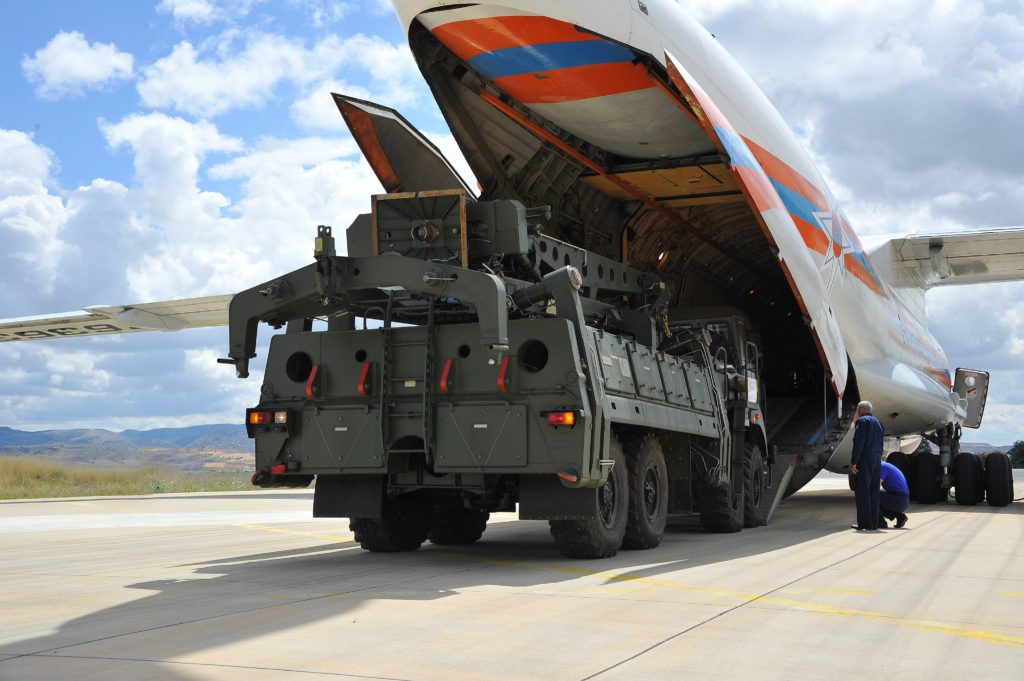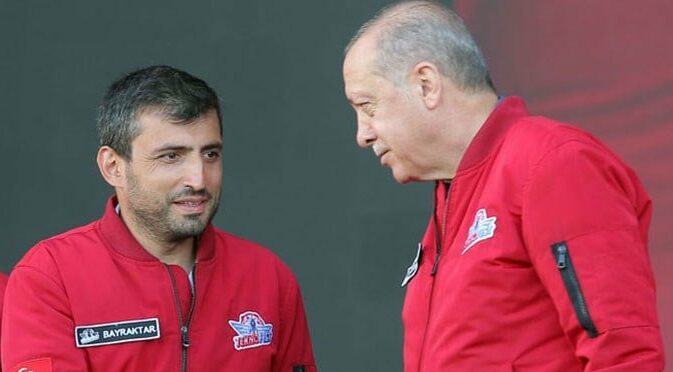Levent Kenez/Stockholm
The Turkish government had planned to introduce a new bill in parliament that would have imposed an annual Defense Industry Fund levy of 750 TL ($22) for individuals with a card limit of 100,000 TL ($2,923) or more. The proposal, which faced significant public backlash, was announced on Tuesday to have been postponed until 2025.
The ruling Justice and Development Party (AKP) is expected to make revisions during the parliamentary committee stage, including increasing the credit limit threshold.
Many credit card holders had already contacted their banks to reduce their card limits below the 100,000 TL mark, a move widely seen as a sign of growing mistrust of the government. This collective reaction is believed to have influenced the decision to delay the proposal.
There are currently 126,450,000 active credit cards in Turkey, with 17.5 million of them having limits exceeding 100,000 TL. The government anticipated additional revenue of approximately 13 billion TL ($380 million) from this measure
In a live broadcast on Tuesday morning, Finance Minister Mehmet Şimşek emphasized that Turkey is located in a challenging region and needs to strengthen its deterrence capabilities. Şimşek argued that additional funding is necessary for defense industry projects, particularly for the construction of a new air defense system, called Steel Dome, and the production of fifth-generation aircraft.
Explaining that the tax levied on credit cards would be used solely to fund defense initiatives, Şimşek said, “This is not a package designed to reduce the budget deficit. Not a single penny will go to the general budget. The defense industry is crucial for us.”
Back in 2011, when Şimşek was also serving as finance minister, he had to admit that taxes collected to reinforce buildings for earthquakes were instead used for highway projects and new airports, which were highly publicized by the AKP at the time.
Steel Dome, which Minister Şimşek claims additional tax revenue will solely fund, is a comprehensive “system of systems” that integrates various air defense technologies from leading Turkish defense contractors such as Aselsan, Roketsan and MKE. The project aims to create a multi-layered air defense network using advanced technologies, including artificial intelligence.
Key components include Aselsan’s Korkut, Hisar-a+, Gökdemir and Siper systems, designed to protect against threats ranging from low-altitude missiles to high-altitude aircraft. Roketsan will contribute systems such as the Alka laser-based weapon and the Burç mobile defense system, while TÜBİTAK SAGE and MKE will focus on research and weaponry development. The project is intended to bolster Turkey’s defense capabilities and act as a deterrent against potential threats.
Nordic Monitor previously reported that the S-400 long-range missile system purchased from Russia is not part of the project. The exclusion of Turkey’s advanced S-400 missiles from the new defense initiative underscores the ramifications of past crises with NATO and the US. This decision highlights the complex position Turkey has reached amid ongoing tensions regarding its acquisition of the Russian-made missile system.

Many people on social media have expressed significant frustration over several issues, chief among them being the non-deployment of the S-400 system, which cost a total of $2.5 billion, and the government’s failure to foresee that it could not be activated as a NATO member.
At the beginning of the year funding transferred to the Defense Industry Fund from taxes on lottery and horse racing was halved by a presidential decree. Citizens expressed their frustration over the approximately 33 billion TL reduction, fearing that the burden of this cut would be put on them.
People also noted on social media that having a credit card limit does not equate to having money and that taxing solely based on the limit represents an unprecedented form of taxation.

Turkey’s removal from the F-35 project by the US due to its acquisition of the S-400 system is another factor straining the budget. Many believe that Turkey’s lack of a fifth generation aircraft and its efforts to modernize its aging F-16s contradict President Recep Tayyip Erdogan’s persistent emphasis on the country’s need for a strong deterrent capability. According to calculations by the Presidential Investment Office in 2013, Turkey was expected to earn $12 billion as a partner and supplier in the F-35 project.
Another concern is the increasing corruption and waste of taxes. Erdogan and his family’s luxurious lifestyle is increasingly provoking public backlash. Expensive overseas trips and the cancellation of tax debts for businesspeople close to Erdogan have intensified reactions against the additional taxes imposed by the government. In addition to the tax on credit card limits, the proposed bill includes new taxes on motorcycle sales, real estate transactions and wristwatches
Selçuk Bayraktar, Erdogan’s son-in-law and the owner of Baykar, which produces military drones, has been influential in decisions regarding Turkey’s defense industry. His brother Haluk recently joined him on Forbes’ list of billionaires, leading the public to criticize the new tax as the “Son-in-Law Tax.” It’s no secret that President Erdogan, his family members and his business associates benefit immensely from defense industry and military goods sales.
Erdogan frequently argues that Turkey must maintain its military strength. He has recently claimed that Israel poses a military threat to Turkey and suggested that after Lebanon, Israel might also attack Turkey. Many believe that Erdogan is using this assertion as a pretext for the upcoming taxes, arguing that the likelihood of Israel launching a military attack on Turkey is minimal.
